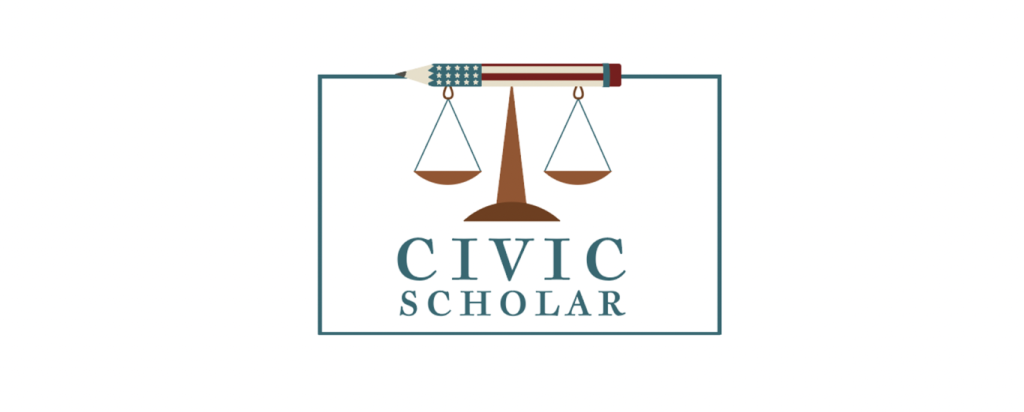Freedom of speech has long been a staple of the American identity, with the masses unafraid to speak their minds in the press, in protests and in social media posts, for example.
Associate Professor of Government Wesley Vorberger described free speech as the ability of the people to speak to their government and how the conversation around free speech is usually about the government’s ability to restrict it.
“It’s what separates us from the rest of the world,” Vorberger said.
Similarly, Associate Professor of Government Aaron Van Allen described free speech as the ability to hold an opinion and voice that opinion.
According to Van Allen, the American idea of free speech goes back to the founding of the country. He explained how the American Constitution is “inherently English” because many of the rights and liberties in the Constitution are derived from the English common law. One of those liberties is free speech, though it did not exist in England as it was put forth in the Constitution.
However, Van Allen noted that when the framers of the Constitution included the First Amendment in the Bill of Rights, they were not concerned with only the government intruding on the right of free speech, but also other citizens. He claimed that free speech goes beyond being free from consequences doled out by the government and that it extends to being free of punishments inflicted by other citizens. This includes being accosted or shunned merely for having an opinion.
“We cannot live in a free republic without living in a society where citizens recognize that their fellow citizens have freedom of opinion,” Van Allen said. “We have to understand that everybody can hold an opinion freely, whether you agree or not.”
Vorberger is currently helping a former student publish an undergraduate law review article about the government’s ability to regulate social media. Though social media corporations, like Meta, are not branches of the government, they play a role in the free speech debate, especially when they have the power to suppress or highlight specific ideas.
Social media can both help facilitate or hinder the facilitation of free speech. Vorberger explained how social media can increase the transparency of government actions and get information out quickly, but it also has its drawbacks.
“It’s hard to talk about free speech and not talk about social media,” Vorberger said. “It (has) increased transparency, but … it (has) created this kind of showmanship. Or like the TikTok effect: doing something ridiculous just to get people to watch or click. I don’t think politicians are immune from that.”
One of the advantages to social media is the ability to have free-flowing dialogue between disagreeing parties. Vorberger appreciates this ability, but he noted that political polarization can thwart this exchange of ideas.
The polarization of politics combined with the lack of accountability on social media can lead to fruitless and un-Christlike arguments. Vorberger encourages others to remember that there is a person behind the username with a family and a heart.
He looks to Jesus as an example of someone who used his words for the glory of God.
“When I think of Jesus and when I think of how he lived and what he did and how he conducted himself, he was never afraid to say what needed to be said,” Vorberger said. “You want to be judicious with how you speak, but ultimately, you shouldn’t compromise the message and the way in which you speak.”
Van Allen also added that people should keep Christ in mind when they are exercising their free speech.
“We don’t shy away from the tough questions, but more importantly, we don’t condemn … others for their opinion, even if they don’t agree with us,” Van Allen said. “The same Jesus that died on the cross for me is the same Jesus that died on the cross for everybody else, whether I agree with their speech or not. We are called to be ambassadors of Christ, even in matters of opinionated disagreement.”
Bear is the editor-in-chief for the Liberty Champion. Follow her on X.

